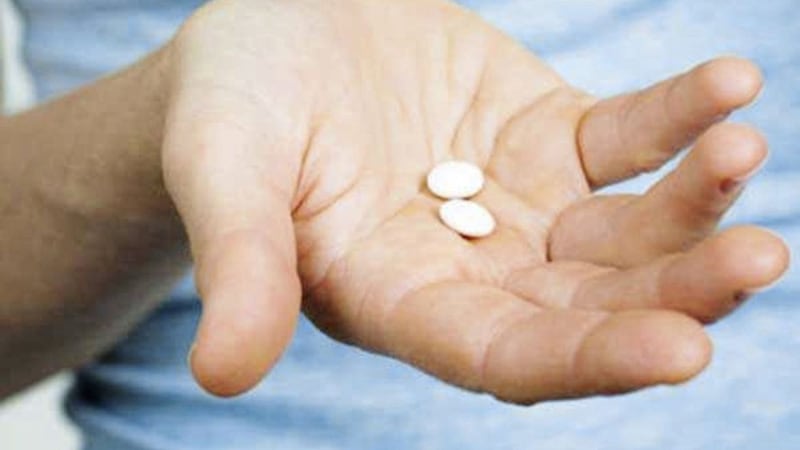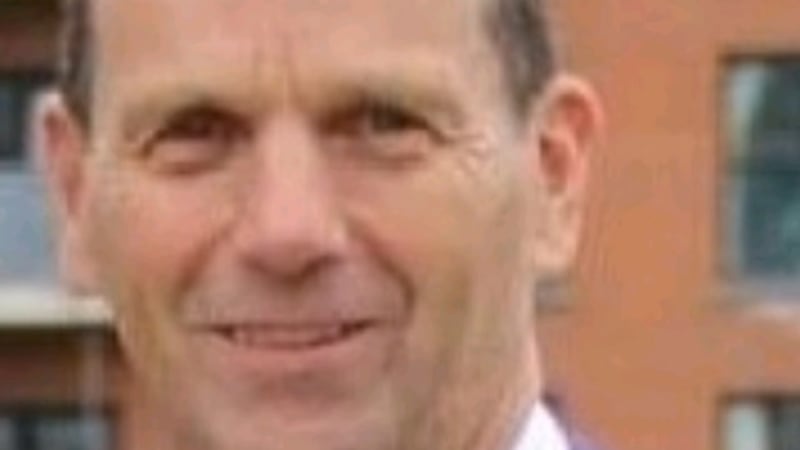New medicines will need UK approval before they can be made available to patients in the event of a no-deal Brexit.
The Medicines and Healthcare products Regulatory Agency (MHRA), which regulates drugs in the UK, will take on the functions of the EU if an agreement is not reached by March 29.
Products will have to go through national assessment before they receive market authorisation to be sold in the UK, according to a technical paper on no-deal Brexit preparations.
The notice states: "After EU exit, to market a product in the UK, an initial market authorisation application will need to be submitted to the MHRA and will go through a national assessment.
"MHRA will take a streamlined approach to approving UK market authorisation applications that places no greater burden on industry and ensures that patients can access new and innovative medicines at the same time as EU patients."
Most new medicines currently come to the market through a licensing route overseen by the European Medicines Agency (EMA).
However, if a deal is not reached, the UK's current participation in the European regulatory network including centralised routes will cease, according to the guidance.
The outcome of EU procedures that have not reached the decision phase when the UK leaves the EU will not be valid, it adds.
"However, the MHRA will take EU decisions into account where possible," the paper states.
The MHRA is expected to launch a consultation in early autumn on the regulation of medicines, medical devices and clinical trials.
Brexit Secretary Dominic Raab told BBC Radio 4's Today programme on Thursday: "We will make sure we're in a position to recognise, for example, batch-tested medicines produced in the EU so the continuity of supply is there."
He added that the British government is working with the industry to ensure medicines are stockpiled for "worst case scenario" border issues.
"With the pharmaceutical suppliers we have got three months of buffer stock already for over 200 medicines," he said.








